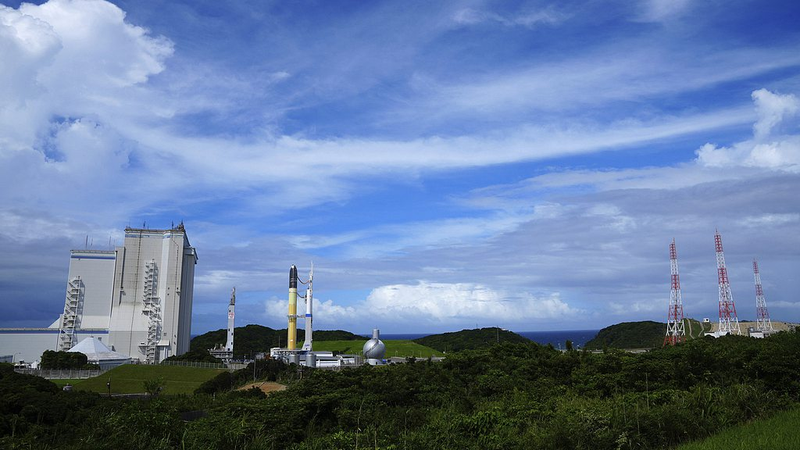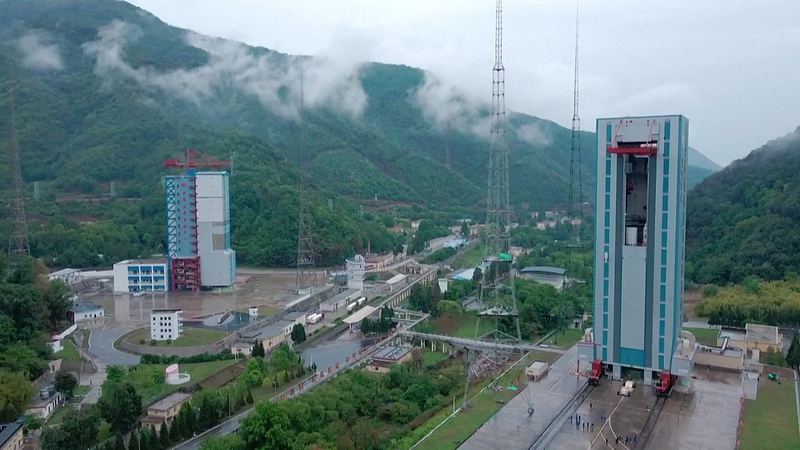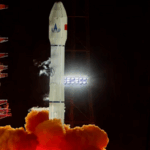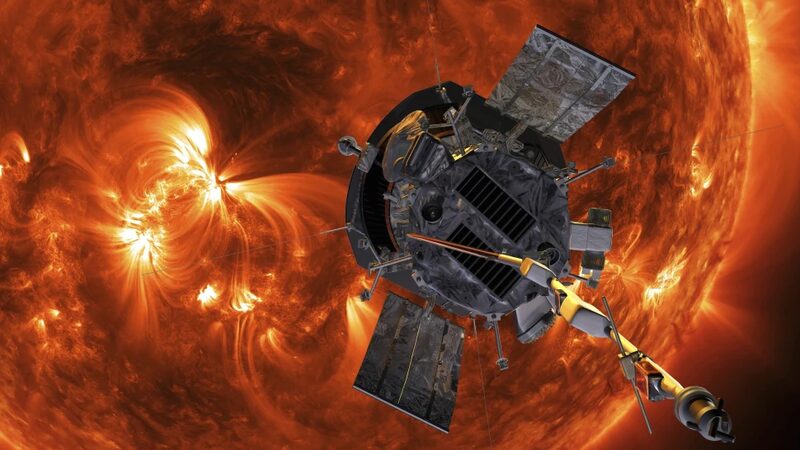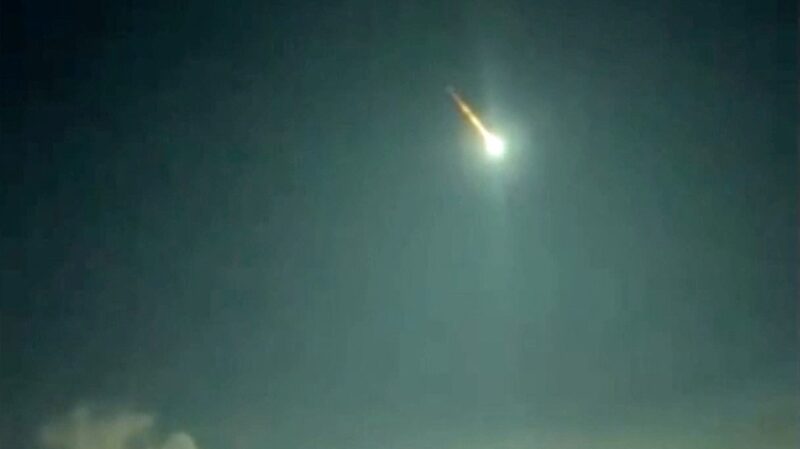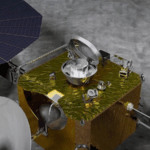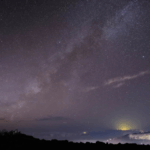Japan will collaborate with the European Space Agency (ESA) to observe asteroid Apophis during its historic 2029 flyby of Earth, marking a milestone in international space cooperation. The Japan Aerospace Exploration Agency (JAXA) announced it will provide its H3 rocket to launch the ESA-led Ramses mission, aiming to gather critical data on the asteroid’s trajectory and composition.
Apophis, a 370-meter-wide asteroid, will pass within 32,000 kilometers of Earth’s surface—closer than geostationary satellites—offering scientists a rare opportunity to study near-Earth objects. JAXA Vice President Masaki Fujimoto emphasized the mission’s global significance, stating Japan’s contributions are made "on behalf of humanity" to advance planetary defense strategies.
The Ramses mission, pending final ESA approval in November, could launch as early as 2028. JAXA plans to share its H3 rocket with its own DESTINY+ deep-space probe and supply infrared sensors and solar array components for the ESA spacecraft. Scientists highlight the mission’s importance in refining asteroid deflection techniques to mitigate future collision risks.
Meanwhile, NASA’s OSIRIS-APEX mission to study Apophis faces uncertainty due to potential U.S. budget cuts. This has accelerated Europe-Japan space collaboration, with both parties reaffirming commitments to NASA’s Artemis moon program despite shifting U.S. priorities. The EU and Japan also recently agreed to cooperate on satellite constellation projects, including Europe’s IRIS² infrastructure.
As China and Russia deepen their space partnership, Japan is expanding its role in global space exploration. Recent initiatives include a lunar rover project with India (LUPEX) and a multi-launch contract between Mitsubishi Heavy Industries and France’s Eutelsat for satellite deployments.
Reference(s):
Japan to join European mission for Earth's close call with asteroid
cgtn.com
